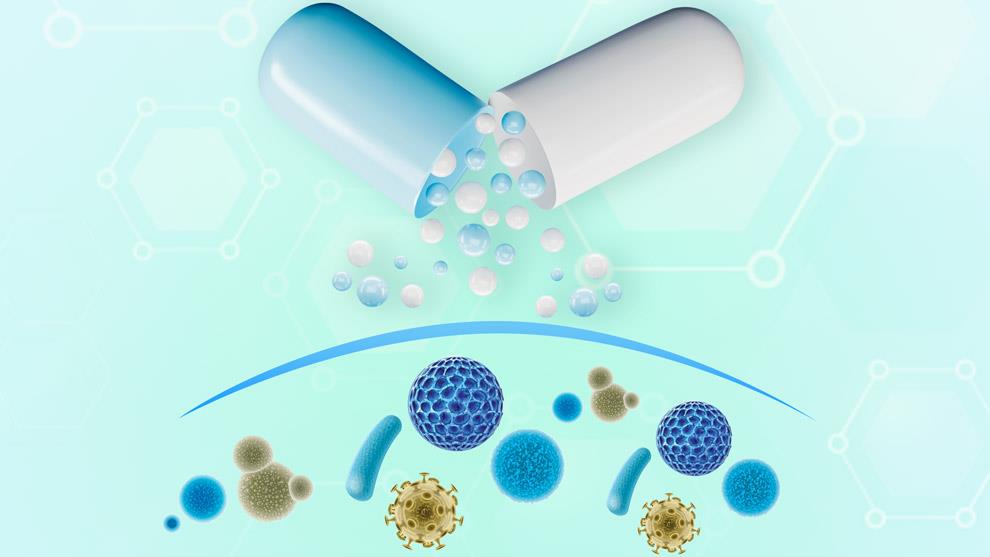The interventions address the needs and barriers people and patients face when accessing health services through a people-centered approach to AMR.
Globally, AMR is one of the leading causes of death responsible for approximately 1.27 million deaths and associated with 4.95 million deaths in 2019.
Failing to address AMR will have significant economic consequences with an estimated cost to the world’s economy of US$ 100 trillion by 2050.
While over 170 countries have developed national action plans on AMR, implementation remains fragmented and siloed, and greater political commitment and investment is needed.
Building on the Global Action Plan for AMR, the WHO people-centered approach and core package aims to shift the narrative of AMR to place the needs of people and system barriers at the center, and enhance AMR awareness and understanding among policy-makers and the general public.
It also supports a more programmatic and comprehensive response to AMR at the country level underpinning the importance of equitable and affordable access to quality health services for the prevention, diagnosis and treatment of drug-resistant infections.
The document also stresses the importance of engaging civil society and community organizations, private sector and academia in the development and implementation of the national action plan on AMR.
It highlights opportunities for integrating the AMR response in primary health care policies and programs as well as health emergency preparedness and response efforts.
Overall, the people-centered approach is designed to ensure equitable, affordable access to good-quality preventive services, timely diagnosis, appropriate treatment and care of (resistant) infections to reduce the impact of AMR on patients in terms of morbidity and mortality, while leaving no one behind and contributing to the attainment of the Sustainable Development Goals.
pll/mem/lpn









